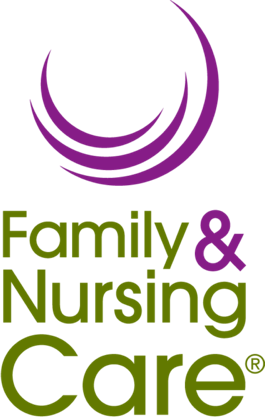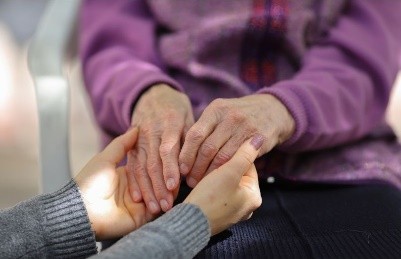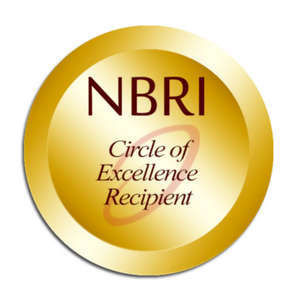 Recent research highlights a stark reality: the risk of developing dementia is significantly higher than previously estimated. According to a new study, dementia cases in the United States are projected to double by 2060, driven largely by an aging population. Currently, nearly 7 million people in America aged 65 and older are living with Alzheimer’s disease, the most common form of dementia, and this number is only expected to rise in the coming years.
Recent research highlights a stark reality: the risk of developing dementia is significantly higher than previously estimated. According to a new study, dementia cases in the United States are projected to double by 2060, driven largely by an aging population. Currently, nearly 7 million people in America aged 65 and older are living with Alzheimer’s disease, the most common form of dementia, and this number is only expected to rise in the coming years.
With progressive memory loss, behavioral changes, and increasing dependency on daily assistance, older adults with dementia require specialized care that ensures their comfort, safety, and well-being. The growing prevalence of dementia will put increased pressure on families and the home care industry, underscoring the vital role of professional caregivers.
The Role of Caregivers in Dementia Support
Caregivers play an essential role in enhancing the quality of life for individuals with dementia, including helping to maintain a sense of routine, ensuring personal safety, and providing emotional support. While family members frequently try to care for loved ones with dementia themselves, this can often lead to significant stress. This makes professional home care services even more critical, as they offer respite for families while ensuring their loved ones receive the specialized attention they need.
How Family & Nursing Care Supports Clients with Dementia
Family & Nursing Care is a longtime leader in providing access to best-in-class care for older adults living with dementia and other cognitive issues. Our network of highly skilled caregivers understands the complexities of memory-related diseases and is prepared to support clients at different stages of dementia progression, including:
- Early-Stage Needs: For those in the initial phases of memory loss, caregivers provide emotional and daily support, including assistance with remembering to take medications, keeping appointments, and engaging in activities that stimulate cognitive function.
- Middle-Stage Needs: As dementia progresses, individuals may experience increased memory trouble, behavioral changes, and difficulty managing daily tasks. Caregivers assist with personal care, household chores, meal preparation, and provide a structured routine to promote a sense of security and well-being.
Mitch Markowitz, Vice President of Business Development for Family & Nursing Care, underscores the importance of quality home care for those facing dementia: “As dementia rates continue to climb, families need trusted, experienced caregivers who can provide compassionate and personalized support. At Family & Nursing Care, we are committed to ensuring that older adults and their loved ones have access to the guidance and assistance they need during this challenging journey.”
With dementia cases on the rise, Family & Nursing Care stands ready to support families by providing access to customizable care solutions tailored to each client’s needs. To learn more about our specialized dementia support services, visit our Home Care and Alzheimer’s/Dementia webpage.






 Family & Nursing Care is honored to receive the
Family & Nursing Care is honored to receive the  With an estimated 48 million people in the U.S. taking care of adult relatives or friends and 61% working fulltime while caregiving, it comes as no surprise that these people are having trouble balancing their competing responsibilities. What’s more, the sandwich generation – adults who care for their parents while still raising their own children – is growing faster than ever, putting increased pressure on individuals caring for family members of all ages, whether it’s assisting with daily activities, medical care, finances, and emotional support.
With an estimated 48 million people in the U.S. taking care of adult relatives or friends and 61% working fulltime while caregiving, it comes as no surprise that these people are having trouble balancing their competing responsibilities. What’s more, the sandwich generation – adults who care for their parents while still raising their own children – is growing faster than ever, putting increased pressure on individuals caring for family members of all ages, whether it’s assisting with daily activities, medical care, finances, and emotional support. Imagine a family member goes to the hospital for a routine outpatient procedure. During the visit, your loved one encounters some unexpected complications, like their blood pressure rising or the doctor discovers something else during the procedure, and the hospital decides to keep your family member overnight for additional testing and monitoring. While many might think this person has been admitted as an inpatient, this person may actually be put on “observation status.”
Imagine a family member goes to the hospital for a routine outpatient procedure. During the visit, your loved one encounters some unexpected complications, like their blood pressure rising or the doctor discovers something else during the procedure, and the hospital decides to keep your family member overnight for additional testing and monitoring. While many might think this person has been admitted as an inpatient, this person may actually be put on “observation status.”



